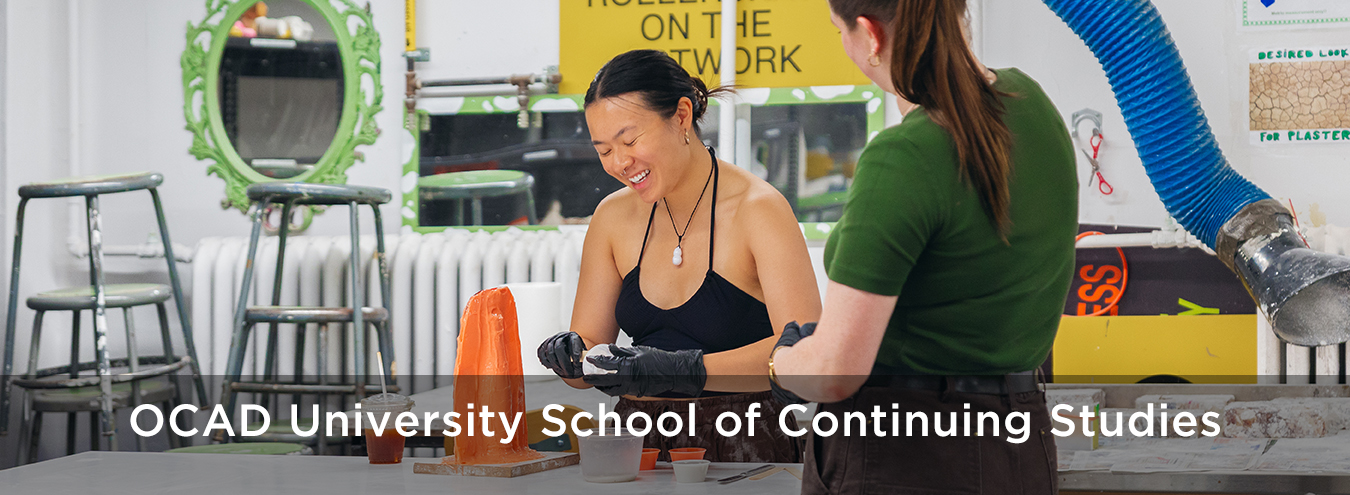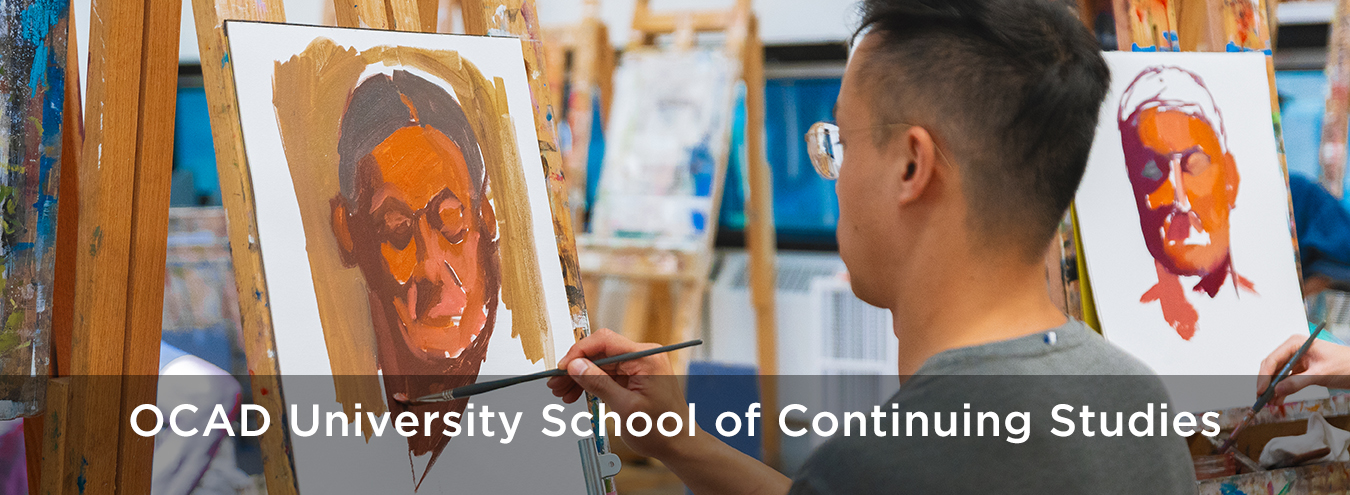CSDI-N123 - Introduction to Design Thinking
Course Description

Design thinking is a problem-solving process that focuses on empathy, listening, collaboration, observation, critical analysis, and experimentation to drive innovation. Design thinking can be applied to a wide range of fields from product design to urban planning. This online studio/seminar introduces students to design thinking. Students will work collaboratively to explore real world problems through stages of the design process such as inspiration, ideation, and implementation. Topics include visualization, mapping, storytelling, prototyping, and testing. Each weekly module explores a phase of the process to help students understand the tools, methods and mindsets involved in design thinking.
Alongside the learning modules, students will complete a rapid 6-week Design Thinking project. This project can be focused on a topic of the student's choice (within the required ethics guidelines) and should take 2-4 hours per week to complete.
LEARNING OBJECTIVES
- Explore various forms of the collaborative design process,
- Visualize individual ideas through mapping, storytelling, prototyping and testing,
- Obtain the skills needed to foster and drive innovation,
- Apply design thinking as a tool to tackle and address real world problems.
Basic knowledge of Miro or a digital whiteboard is recommended. Students are required to have their own writing materials and sticky notes to complete assignments.
Learn More About Design Thinking
We asked our instructor, Nadine Hare some questions.

What is design thinking?
Design Thinking leverages a hands-on, user-centric approach to problem-solving as a means to drive innovation. Design thinking requires practitioners/teams to ground their design process in the needs, hopes and desires of people themselves (rather than starting with their solution or a business need in mind). Design thinking is therefore deeply empathetic, human-centred, iterative, and collaborative.
How is design thinking applied? And who uses design thinking?
Design thinking can be applied to many different fields such as product design, service design, advertising, and policy-making. Design Thinking was popularized by IDEO, but is now used widely. I have worked with a range of practitioners/organizations who apply it, such as city employees, policy makers, researchers, founders, hospitals, pharmaceutical companies, to name a few!
What do you cover in the Introduction to Design Thinking course?
During the Continuing Studies design thinking course students learn the core methods and mindsets of Design Thinking. Each module deep-dives into a phase of the design thinking process. Alongside course seminars, students are asked to apply their learnings to their own real-world design challenge.
Applies Towards the Following Certificates
- Art and Design Studio Skills Certificate : Qualifying Courses
- Business Skills for Creative Professionals Certificate : Qualifying Courses
- Digital Media Skills Certificate : Qualifying Courses




